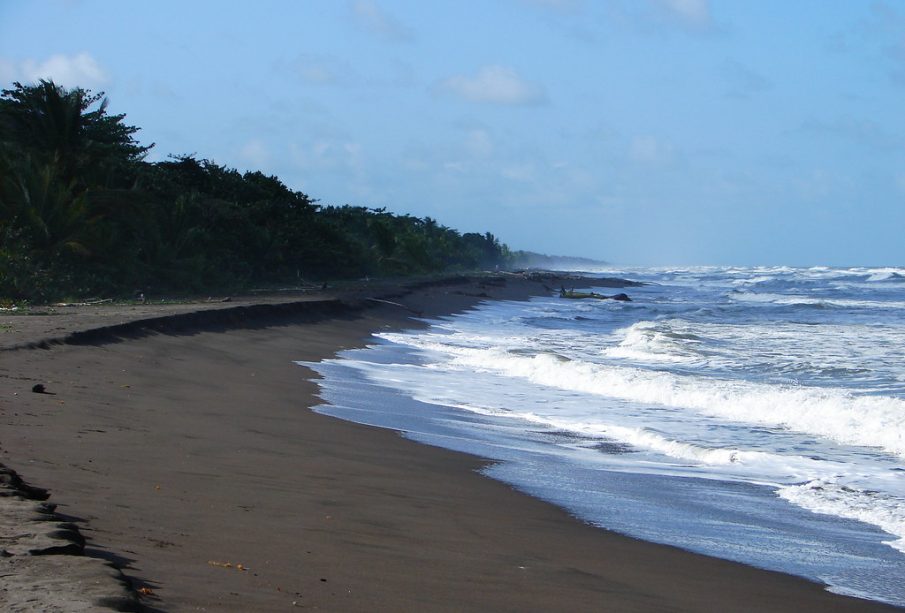Exploring the Wonders of Costa Rica

Introduction
Costa Rica, often celebrated as one of the most biodiverse countries in the world, is not just a travel destination but a crucial player in global conservation efforts. With its stunning landscapes, rich culture, and commitment to sustainability, Costa Rica has become a beacon of eco-tourism and environmental protection. As travelers increasingly seek to connect with nature, Costa Rica’s importance continues to grow on the global stage.
Biodiversity and Ecosystems
Nestled between the Pacific Ocean and the Caribbean Sea, Costa Rica covers only about 0.03% of the Earth’s surface but is home to more than 5% of the world’s biodiversity. The country boasts a variety of ecosystems, including rainforests, cloud forests, and coastal habitats that are vital for an array of wildlife. With over 28 national parks and numerous protected areas, the government has implemented policies to preserve its natural heritage and promote conservation.
Tourism and Eco-Friendly Initiatives
Tourism in Costa Rica has evolved significantly, particularly in response to the global demand for eco-friendly travel options. In 2022, the Costa Rican Tourism Board reported an increase in ecotourism by 25%, attracting visitors interested in sustainable experiences. Activities like bird-watching, hiking in Monteverde’s cloud forest, and visiting the Arenal Volcano are testament to the country’s commitment to environmental responsibility. Moreover, many hotels and tour operators have adopted sustainable practices, further enhancing its reputation as a leader in eco-tourism.
Recent Developments
On the political front, the Costa Rican government is focused on promoting greater environmental awareness through legislation aimed at reducing carbon emissions and increasing the use of renewable energy. As of 2023, Costa Rica is on track to become the first carbon-neutral country by 2025, emphasizing its dedication to climate action and sustainability. Reports indicate a sharp rise in solar and wind energy production, showcasing the practicality and commitment of these initiatives.
Conclusion
As we look to the future, Costa Rica stands at the forefront of ecological innovation and sustainability, setting an example for other nations to follow. Its blend of natural beauty, rich culture, and progressive conservation policies make it a vital component of global efforts toward a sustainable future. For travelers and environmentalists alike, Costa Rica offers not just a getaway but a model of how humanity can coexist with nature harmoniously. Exploring Costa Rica today means understanding the crucial balance necessary to preserve our planet for future generations.


